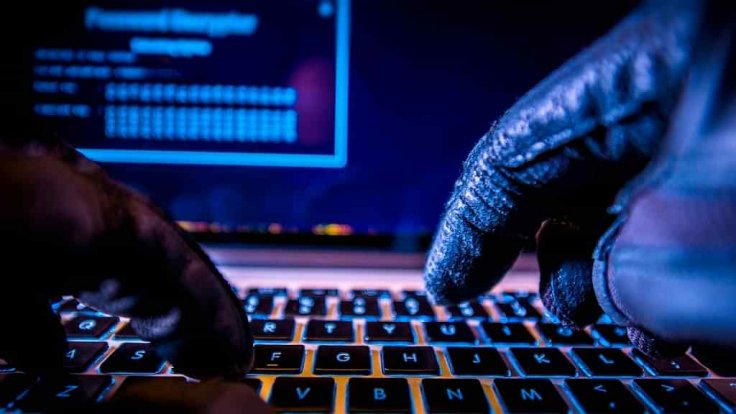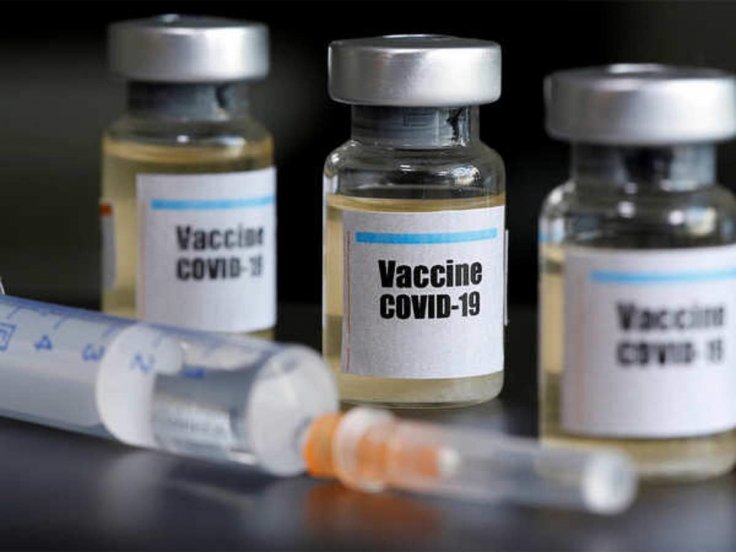China and Russia so far have led the Coronavirus vaccine race with two approved candidates each. While their safety and efficacy have been questioned, both countries, for now, have trumped the U.S. and its allies. But as per reports, China and Russia targeted American universities for their cutting-edge research data on COVID-19 that could help in vaccine development.
Since pharmaceutical companies' networks cannot be breached easily due to their enhanced network security, universities and schools turned out "easy targets." As per a report by the New York Times, the Chinese intelligence agency conducted a digital reconnaissance mission on U.S. universities including the University of North Carolina (UNC).
UNC Confirms Attempts
The Federal Bureau of Investigation (FBI) had warned the UNC of possible attempts in recent weeks. As per the people in the knowhow, Chinese hackers tried to break into UNC's epidemiology department's network but failed in their attempt.

The UNC confirmed the hacking attempts. Leslie Minton, UNC spokesperson said that the university had received regular threat alerts from the U.S. security agencies but its internal team had "round the clock monitoring." That helped the university to "guard against advanced persistent threat attacks from state-sponsored organizations."
However, hacking isn't the only path adversaries of the U.S. are choosing. China has tried to take advantage of the partnerships its universities had with U.S. schools. Those research partnerships are ways China tried to extract information on COVID-19 research. Besides schools, China also targeted pharmaceutical companies like Gilead Sciences, Novavax and Moderna.
But that's not it. China has used its influence in the World Health Organization (WHO) to guide its hacking attempts as per an intelligence official. The Asian nation is also using its influential power to gather vaccine research data from the WHO before it is made public.
China, Not the Only Culprit
However, China isn't the only one trying to get a look at American COVID-19 research data. Russia and Iran — two other countries the U.S. is unhappy with — are also trying to access research data. In July, Canada, the U.K. and the U.S. in a joint statement said Russian hackers were trying to hack into Coronavirus research.
The British Intelligence claimed that they were "almost certain (more than 95 percent)" that a Russian hacker group named APT29, also known as 'Cozy Bear' and 'Dukes', was trying to hack into labs that were conducting coronavirus vaccine research. The National Cyber Security Centre of the U.K. had issued an advisory to labs and its personnel, urging them to be cautious.

The Coronavirus pandemic has accelerated vaccine development efforts across the world with over 200 vaccine candidates currently in development and many are in the final phase. But it's politics more than a health concern since it is seen as a vaccine race like it was for space during the Cold War.
"It would be surprising if they were not trying to steal the most valuable biomedical research going on right now. It is valuable from a financial point of view and invaluable from a geopolitical point of view," John Demers, a Justice Department official told the New York Times.
Hence, tracking what other countries are up to in the race has taken precedence. As per U.S. intelligence agencies, most of its adversaries have increased efforts to steal American research data to move ahead as whoever comes first with a vaccine will win the race. While Russia's Sputnik V COVID-19 vaccine was approved with limited small-scale studies and so was China's, they appeared to have won the race. But health experts quickly dismissed them, warning about their efficacy and safety.
As both Russia and China are conducting Phase III trials of the vaccine candidates, the U.S. and its NATO allies have strengthened efforts to safeguard their vaccine research data in universities and pharmaceutical companies. So far, American vaccine candidate Moderna is in the final phase of the safety trials.









